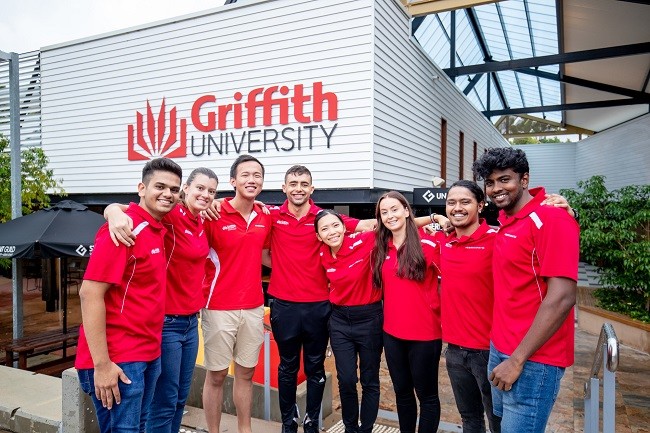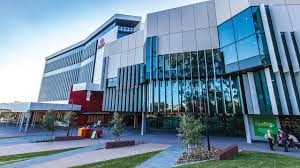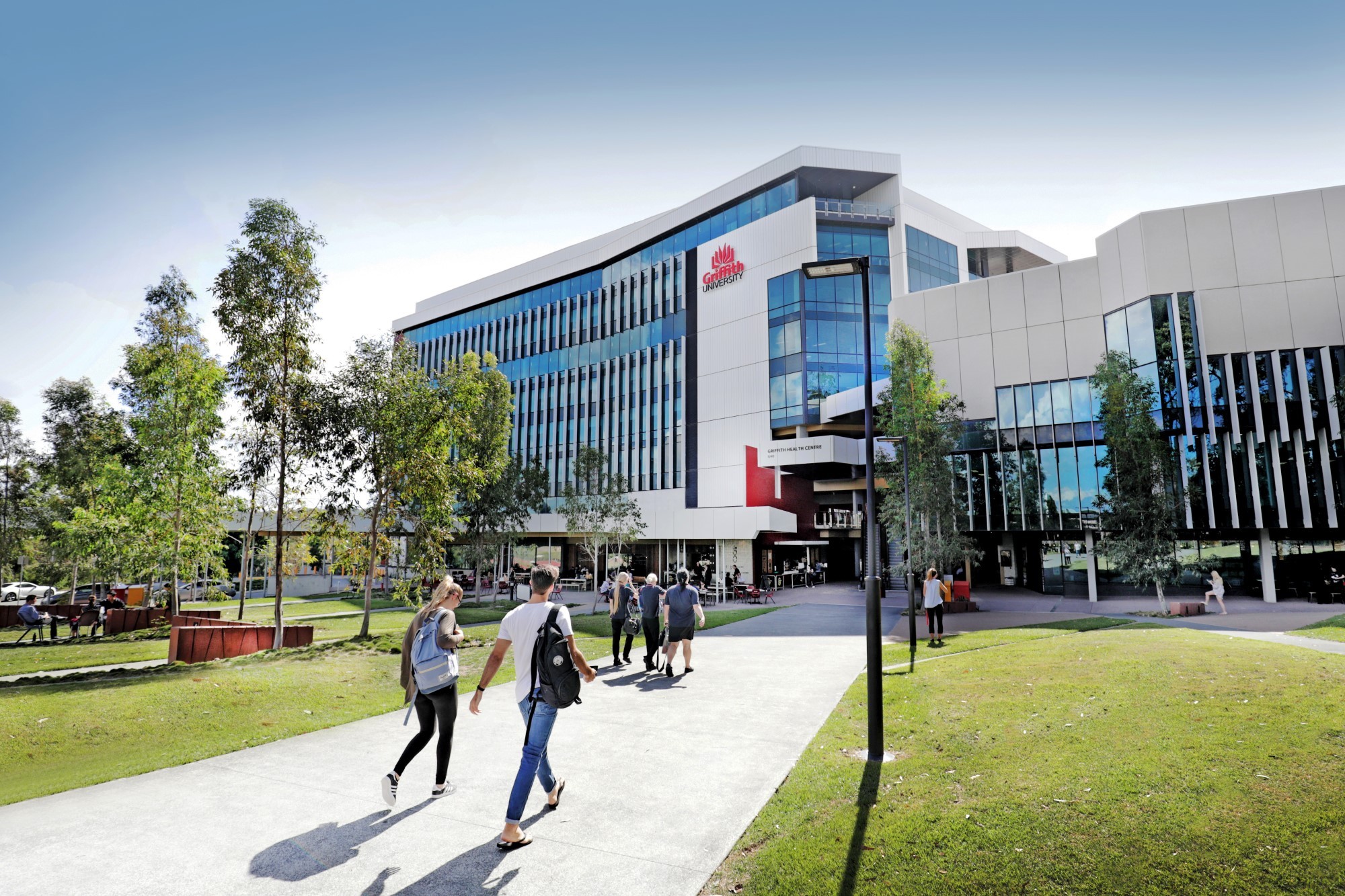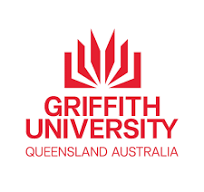
BACHELORS OF LAWS (HONOURS) / PSYCHOLOGICAL SCIENCE

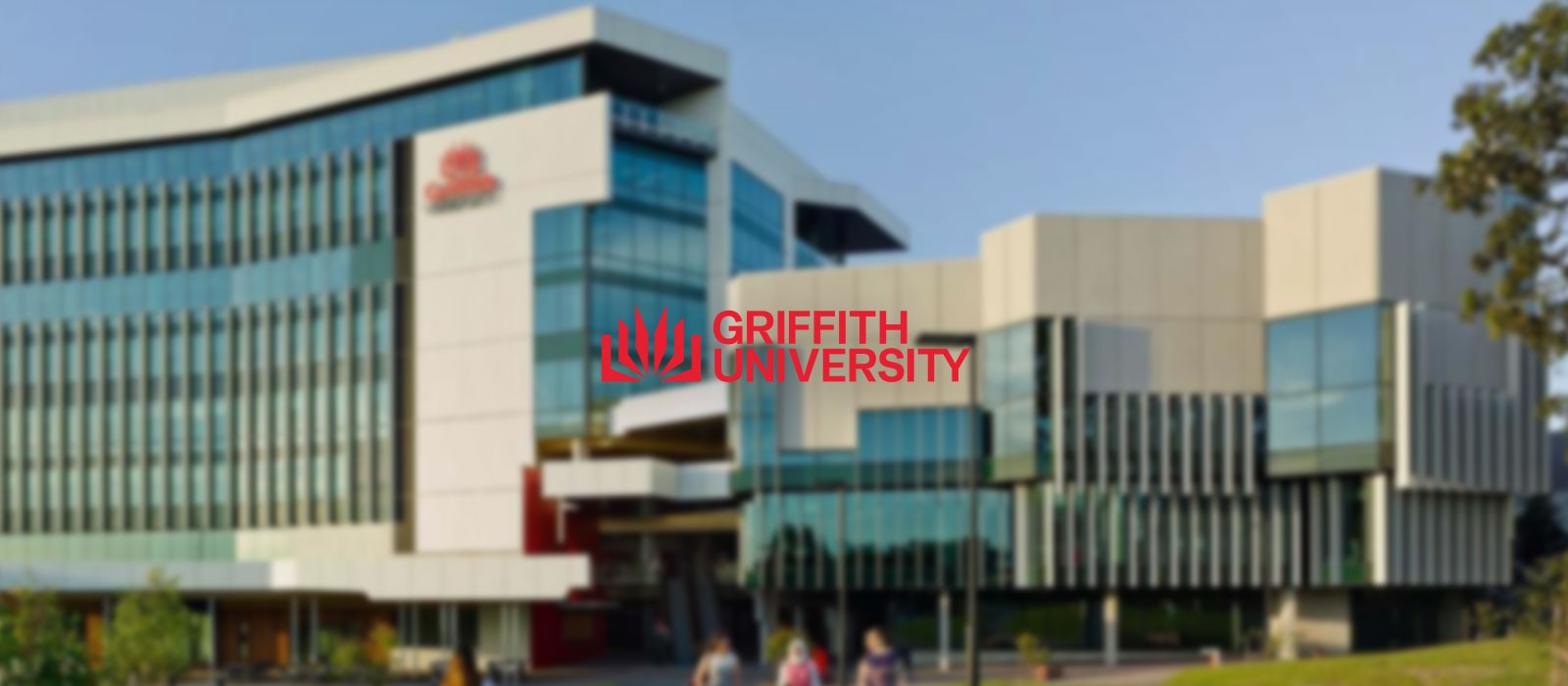
Overview
5 YEARS
YES
AU $34,500 PER YEAR
FEB, JULY, NOV
Overview
> Combining law with psychological science will give you a unique skill set that will prepare you for work either in the community sector or in commerce and industry. You will also develop analytical, research and communication skills.
Law component
> Griffith Law School offers a professional legal curriculum that focuses on core areas of legal practice and the legal skills that lawyers must have. You will have the opportunity to choose law electives based on your interests, including clinical courses that emphasise practical legal skills, insights and experience.
> You will make connections between law and ethics, legal theory, Indigenous issues, and internationalisation. You will also develop interdisciplinary understandings of law and legal work.
> You will take courses that cover areas such as Crime, Contracts, Property, Corporate Law, Torts and Theories of Law.
> If you complete the five Canadian Law courses, you will eligible for entry into the legal profession in Canada's common law provinces, when accompanied by a Certificate of Qualification from the National Committee on Accreditation (NCA) of the Federation of Law Societies of Canada.
Psychological Science component
> You will learn how to apply psychological theories to topics such as thinking and perceiving, motivation, stress, health, criminal activity, and group behaviour. You will also learn how to evaluate and understand tests that measure intellectual, behavioural and emotional states. You will develop interpersonal and communication skills and learn about the principles of counselling and core areas of psychology. You will learn how to help people with personal, health, vocational and social difficulties.
Program accreditation
> The Bachelor of Psychological Science is accredited by the Australian Psychology Accreditation Council (APAC).
Professional recognition
> To be eligible for admission as a solicitor, a person must complete an approved law degree (undertaken approved practical legal training via a practical legal training course of Supervised Traineeship at a Law firm) and be able to satisfy the Legal Practitioners Admissions Board and the Supreme Court of their fitness to practise.
> *Queensland Law Society
> *Steps to practising law interactive tool outlining the steps to practise law, information on admission and practising law in Queensland, interstate and internationally.
Attendance information
> The Bachelor of Laws (Honours)/Bachelor of Psychological Science is offered full-time on-campus at the Mount Gravatt, Nathan and Gold Coast campuses.
> As a full-time student you will generally attend 10-15 hours of scheduled classes per week throughout the trimester. Classes may be scheduled during the day and early evening throughout the week.
> Some law electives are based at Nathan campus, some at the Gold Coast. A few law electives are run in intensive mode, including in trimester 3. Intensive mode means that classes may be compacted over a week, or over several weekends. Some law electives are 'clinics' which typically involve work off campus. Law electives are not normally undertaken until the final two years of your law degree.
> If you are an International student on a student visa, you must ensure that you enrol in a way that will allow you to complete your enrolment within the expected program duration as stated on your Confirmation of Enrolment (CoE).
My career opportunities
> A law degree from Griffith University is recognised as a qualifying degree for admission into the legal profession in many countries around the world.
> Exciting career opportunities exist in community legal centres or in other support organisations and in business organisations. You may also be well-positioned to seek a career in forensic psychology.
Inquire Now
Entry Requirements
> No valid regional qualifications
> There is no recognised regional qualification in the selected region that meets the pre-requisite entry requirements for this program.
> Pathways
> Post-secondary qualifications are required for entry into this program.
> Successful completion of one year of study at a recognised tertiary or higher education institution is required in addition to the completion of high school studies.
> English language requirements apply to International applicants and other applicants whose previous study was undertaken in a language other than English. The minimum English language requirements for such applicants for entry to this program are as follows:
> A minimum overall band score of 7.0 on IELTS (Academic) with no sub-score of less than 6.5
> OR a minimum score of 580 on TOEFL
> OR an internet-based (iBT) TOEFL score of 92 (no score less than 22)
> OR no score less than 4 in each skill of the ISLPR (conducted by ISLPR Language Services only)
> OR a minimum overall score of 185 (no score less than 176) on C2 Proficiency (formerly Cambridge Certificate of Proficiency in English)
> OR an overall score of 65 in the Pearson Test of English (Academic) with no score less than 58.
Fees
Tuition fees
> An International student pays tuition fees.
> Students are liable for tuition fees for the courses they are enrolled in as at the census date.
> The tuition fee for students who commence their program prior to 2014 is charged according to the approved program fee for the trimester in which the student commenced the program.
> FEE (INDICATIVE): $34,500 per year
Scholarships
> file:///C:/Users/LANDMASRK%20EDUCATION/Documents/Scholarships%20and%20finance%20Griffith%20UNI.html
Popular Courses
Find your perfect course
Head Office
Kamaladi, Kathmandu
Tel: +977 14542781, 9845566225
E-mail: info@landmarkedu.com
Sydney office
Rockdale, NSW 2216,
Tel: +61 415 122 814
Branch office
Tel: 056-590825
Tel: 021-590828
Tel: 977-71-591694
